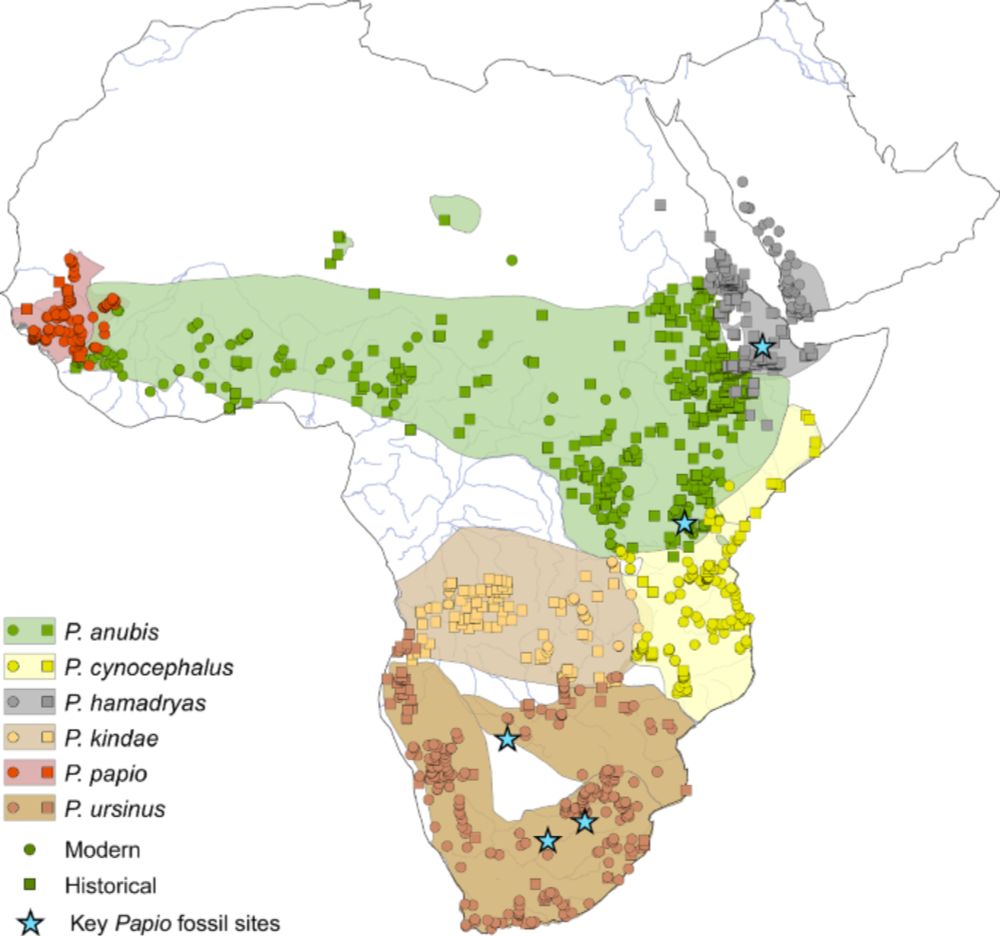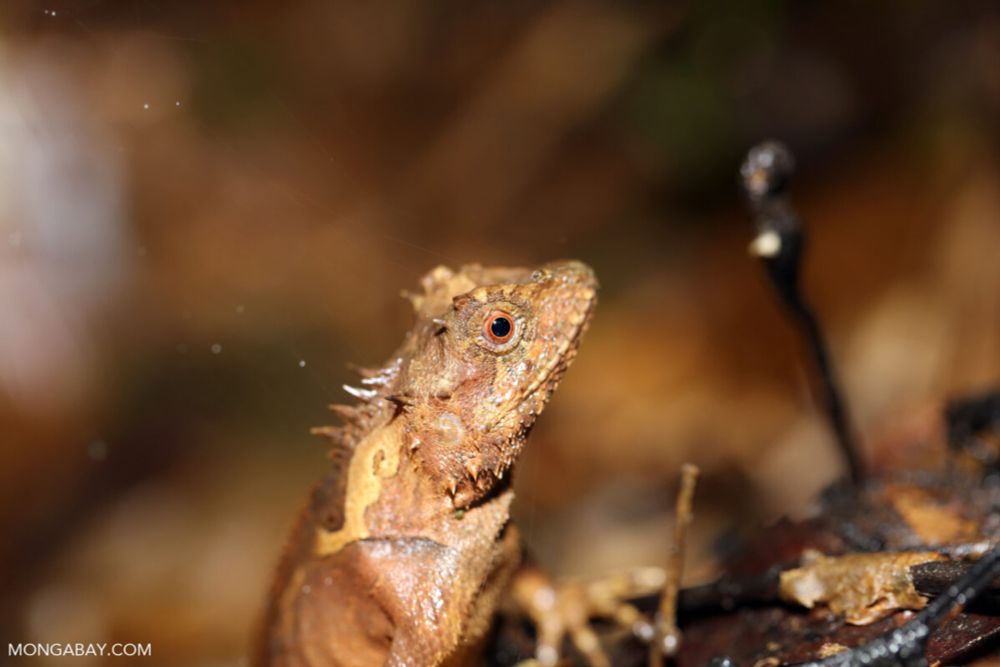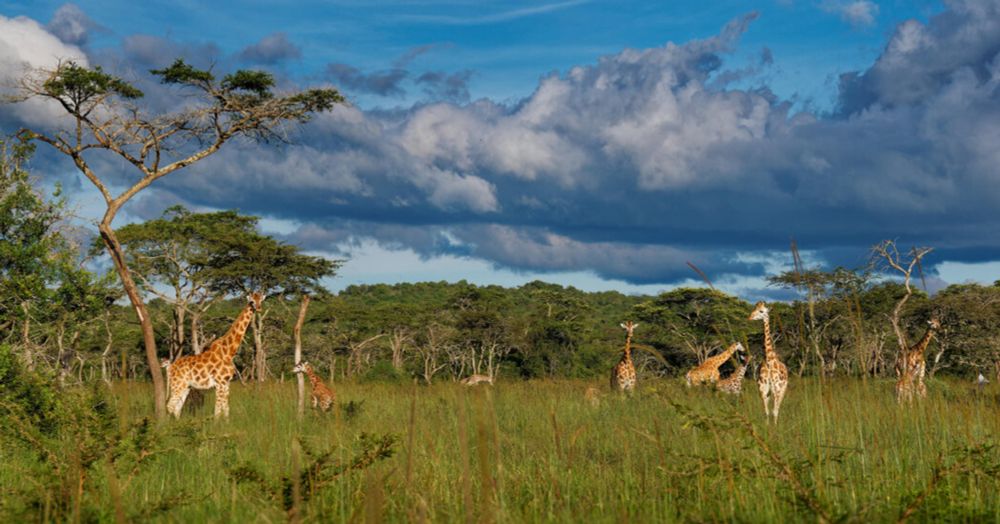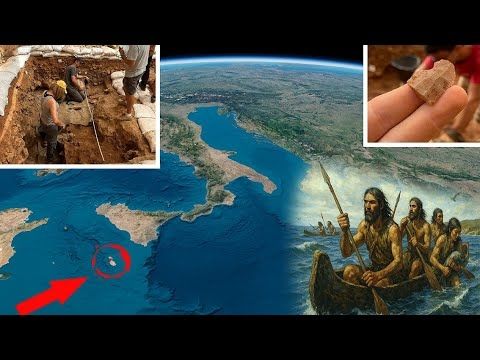Eleanor Scerri
@elliescerri.bsky.social
2.5K followers
400 following
180 posts
Archaeologist, head of the Human Palaeosystems Group at the MPI-GEA, Reader at the University of Cologne, A/Prof at the University of Malta & NatGeo Explorer. Human evolution, niche expansion & the transition to human dominated landscapes.
Posts
Media
Videos
Starter Packs
Pinned
Reposted by Eleanor Scerri
Reposted by Eleanor Scerri
Reposted by Eleanor Scerri
Eleanor Scerri
@elliescerri.bsky.social
· Jul 10
Lucy Timbrell
@lucytimbrell96.bsky.social
· Jul 10
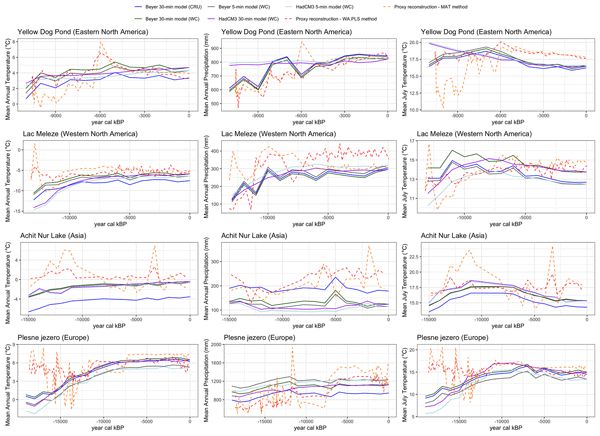
More is not always better: delta-downscaling climate model outputs from 30 to 5 min resolution has minimal impact on coherence with Late Quaternary proxies
Abstract. Both proxies and models provide key resources to explore how palaeoenvironmental changes may have impacted diverse biotic communities and cultural processes. While proxies are thought to pro...
cp.copernicus.org
Eleanor Scerri
@elliescerri.bsky.social
· Jun 19
Eleanor Scerri
@elliescerri.bsky.social
· Jun 18
Eleanor Scerri
@elliescerri.bsky.social
· Jun 18
Eleanor Scerri
@elliescerri.bsky.social
· Jun 18
Eleanor Scerri
@elliescerri.bsky.social
· Jun 18
Eleanor Scerri
@elliescerri.bsky.social
· Jun 18
Eleanor Scerri
@elliescerri.bsky.social
· Jun 18
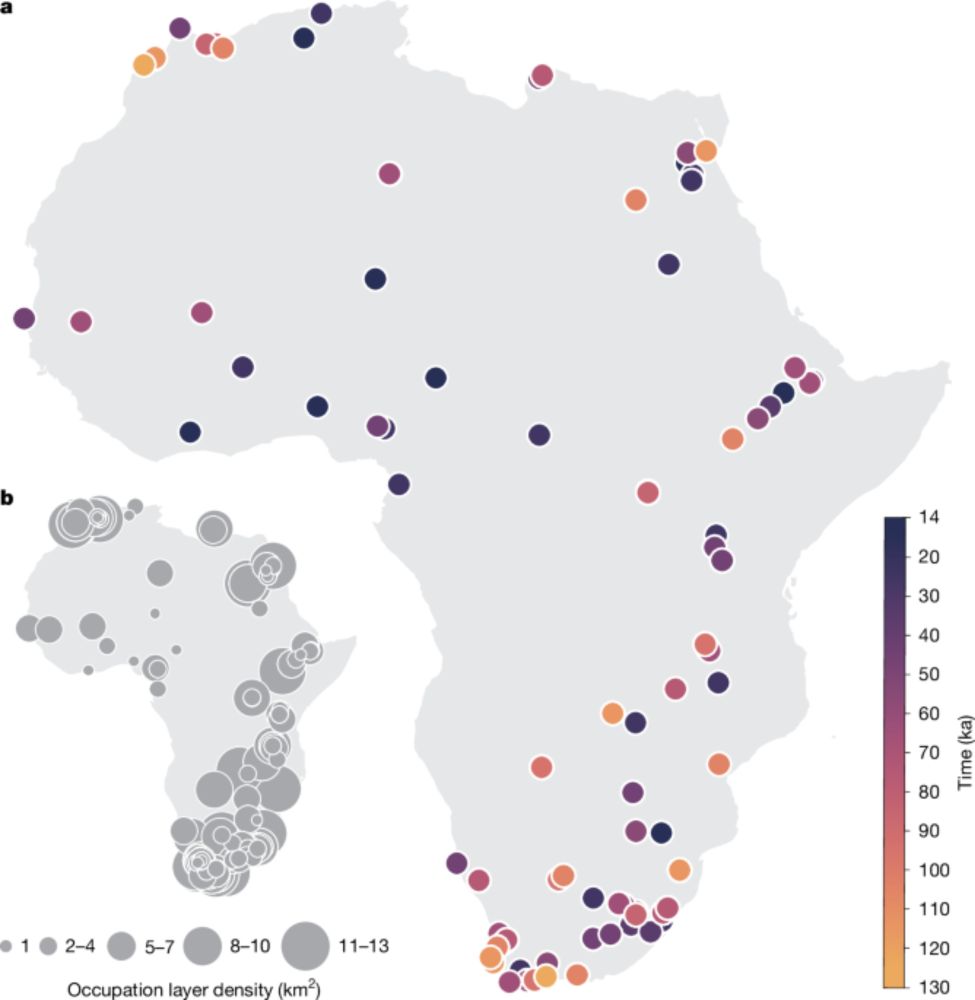
Major expansion in the human niche preceded out of Africa dispersal - Nature
Analysis of species distribution models in a pan-African database comprising chronometrically dated archaeological sites over the past 120,000 years shows major expansion in the human niche from 70 ka...
www.nature.com
Eleanor Scerri
@elliescerri.bsky.social
· Jun 18
Eleanor Scerri
@elliescerri.bsky.social
· Apr 24
Eleanor Scerri
@elliescerri.bsky.social
· Apr 12
Reposted by Eleanor Scerri
Reposted by Eleanor Scerri
Michela Leonardi
@mikleonardi.bsky.social
· Apr 11




